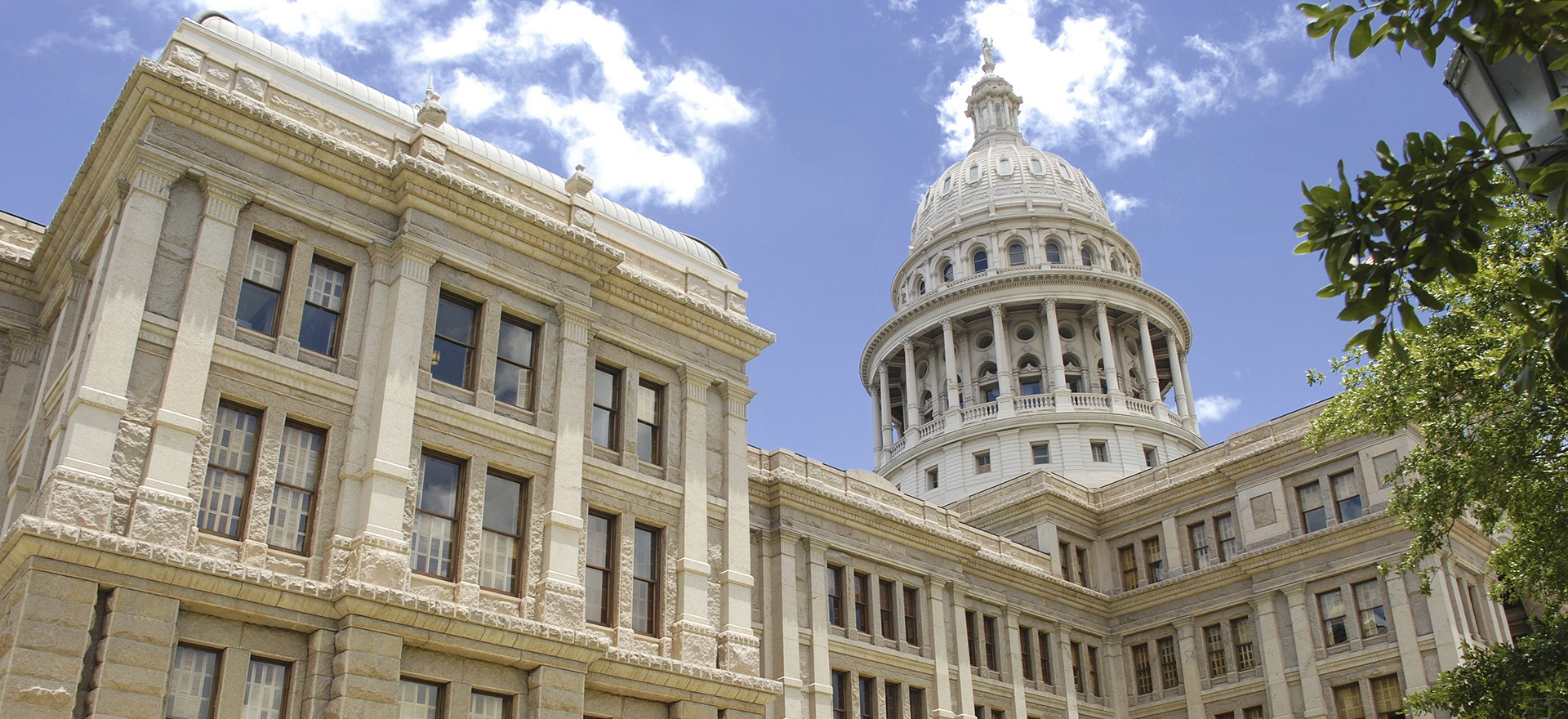New School Year, New Laws: Retirement Benefits

Retirement | TRS | Social Security Texas Legislature
Date Posted: 10/07/2019 | Author: Andrea Chevalier
 In last week's "New School Year, New Laws" blog post, we discussed changes to the ethical and professional responsibilities of Texas public school educators. These included big changes to reporting requirements for non-certified employees and the creation of a "do-not-hire" registry. This week, we will shift gears to talk about educator pensions and retirement benefits, which also saw major changes as a result of the 2019 legislative session.
In last week's "New School Year, New Laws" blog post, we discussed changes to the ethical and professional responsibilities of Texas public school educators. These included big changes to reporting requirements for non-certified employees and the creation of a "do-not-hire" registry. This week, we will shift gears to talk about educator pensions and retirement benefits, which also saw major changes as a result of the 2019 legislative session.
Senate Bill (SB) 12 by Sen. Joan Huffman (R-Houston): Increasing funds for TRS
SB 12 was the most important bill for improving the Teacher Retirement System (TRS) that was passed during the 86th legislative session. ATPE supported SB 12 because it infused enough additional funding into the TRS pension fund in order to make it "actuarially sound." This also made possible the issuance of a 13th check of up to $2,000 to retirees last month. SB 12's changes also make it more likely that the TRS will be able to offer a cost of living adjustment (COLA) in the next two to four years, which could provide a much-needed permanent increase in benefits to current and future retirees.
Actuarial soundness was achieved by gradually increasing the state, educator, and school district contributions to the fund over the next six years. Through these increased contributions, SB 12 lowered the time frame needed to pay off the unfunded liability of the TRS pension fund to reach an acceptable standard under state law. For those not familiar with pension lingo, unfunded liability refers to the amount by which the cost of future benefits that a fund is obligated to pay exceed the cash on hand in the fund, similar to carrying credit card debt. While SB 12 made great strides in supporting educators who rely on TRS, Texas remains 50th in the nation when it comes to the state's contribution rate for educator retirement benefits. Moving forward, ATPE will continue to press the legislature to improve the retirement benefits that educators so greatly deserve.
House Bill (HB) 2820 by Rep. Dan Flynn (R-Van): Deregulating 403(b) investment options
Under previous law, TRS kept a list of approved investment vendors that could offer educators 403(b) investment products. These 403(b) investment plans are similar to 401(k) plans in that they offer a tax-advantaged way to save for retirement, but 403(b) plans are designed for public employees and tax-exempt organizations, like churches and charities. HB 2820 deregulates 403(b) investment offerings by eliminating the TRS list of approved vendors, as well as the requirement that vendors abide by TRS's caps on fees. These caps limited the amount that a vendor could charge for each transaction. Under this new law, educators who choose to invest in a 403(b) will have to more closely monitor the administrative fees they are being charged. Additionally, without the fee cap, vendors might offer investment products that are very expensive now.
 Join us next week on our "New School Year, New Laws" blog series here on Teach the Vote as we will discuss legislative changes impacting charter school laws.
Join us next week on our "New School Year, New Laws" blog series here on Teach the Vote as we will discuss legislative changes impacting charter school laws.
For more information on new laws impacting educators, be sure to read the new report from the ATPE Member Legal Services staff, "Know the Law: An Educator's Guide to Changes Enacted by the 86th Texas Legislature."
CONVERSATION
RECOMMENDED FOR YOU

12/12/2025
Dec. 8 filing deadline sets the stage for 2026 elections
Now’s the time to confirm your voter registration and update it if necessary.

12/12/2025
Teach the Vote’s Week in Review: Dec. 12, 2025
TEA announces plans to take over Lake Worth, Connally, and Beaumont ISDs. Plus: The ATPE Podcast is back with a refreshed format.

12/12/2025
From The Texas Tribune: Texas Education Agency taking over Lake Worth, Connally and Beaumont school districts
The three interventions come after the state’s education agency announced plans to take over Fort Worth ISD in October.

